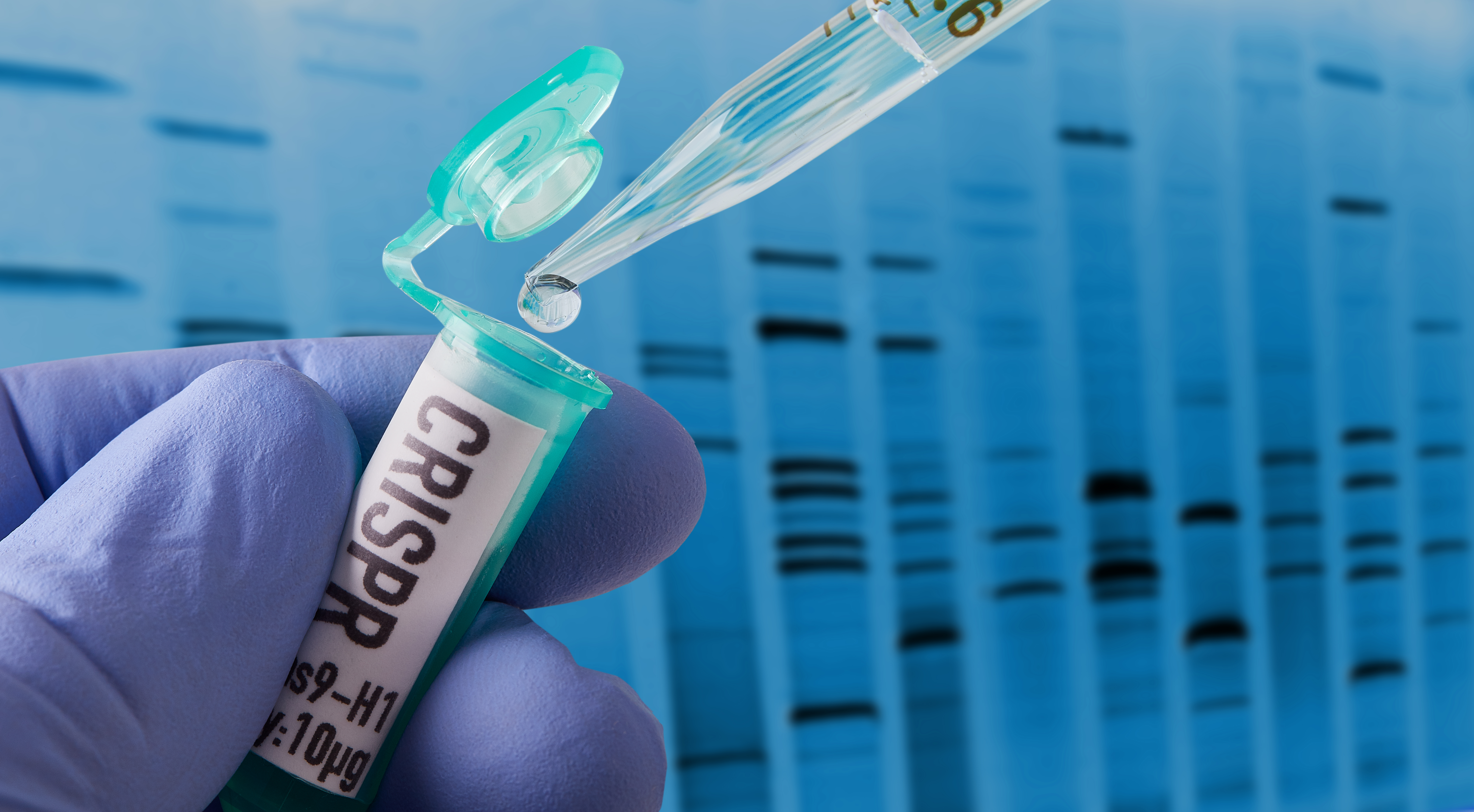Using CRISPR to Edit Eggs, Sperm, or Embryos Does Not Save Lives
By Tina Rulli,
STAT
| 10. 15. 2019
The startling announcement by He Jiankui almost one year ago that he had created the first genetically modified human beings unleashed a torrent of criticism. It also brought to the surface common misunderstandings — even among scientists and ethicists — that reproductive uses of this genome-modifying tool have therapeutic value, will treat people with genetic disorders, will save lives, and will eradicate disease. None of those are true.
The twin girls that He helped create are publicly known as Lulu and Nana. Their father is HIV-positive. The scientist said he used CRISPR-Cas9 genome editing technology to disable a gene called CCR5 to mimic a naturally occurring gene deletion that appears to confer immunity against HIV.
A major criticism from the scientific community, which has otherwise been generally supportive of advancing gene technologies, was that He did not use the technology to address a serious medical need. That criterion stems from a 2017 report by the U.S. National Academy of Sciences and the National Academy of Medicine recommending that, once the technology is ready and safe, genetic modification of embryos could...
Related Articles
By Scott Solomon, The MIT Press Reader | 02.12.2026
Chris Mason is a man in a hurry.
“Sometimes walking from the subway to the lab takes too long, so I’ll start running,” he told me over breakfast at a bistro near his home in Brooklyn on a crisp...
By Diaa Hadid and Shweta Desai, NPR | 01.29.2026
MUMBRA, India — The afternoon sun shines on the woman in a commuter-town café, highlighting her almond-shaped eyes and pale skin, a look often sought after by couples who need an egg to have a baby.
"I have good eggs,"...
By George Janes, BioNews | 01.12.2026
A heart attack patient has become the first person to be treated in a clinical trial of an experimental gene therapy, which aims to strengthen blood vessels after coronary bypass surgery.
Coronary artery bypass surgery is performed to treat...
By Staff, ScienceDaily | 01.05.2026
Scientists at UNSW Sydney have developed a new form of CRISPR technology that could make gene therapy safer while also resolving a decades-long debate about how genes are switched off. The research shows that small chemical markers attached to DNA
...




